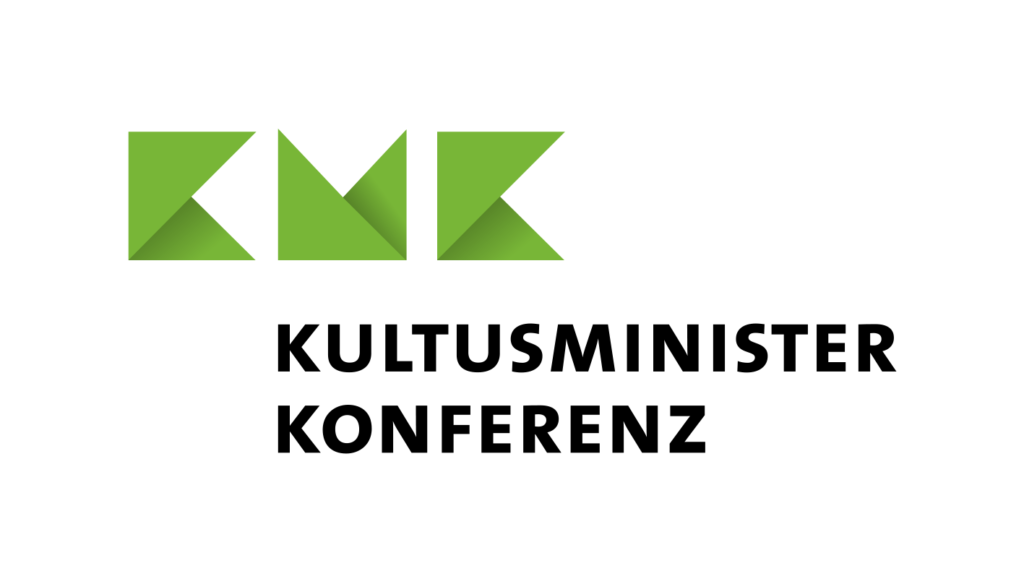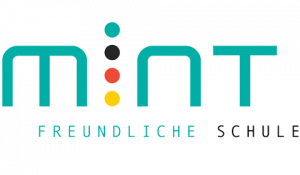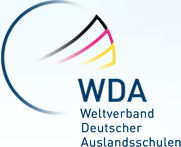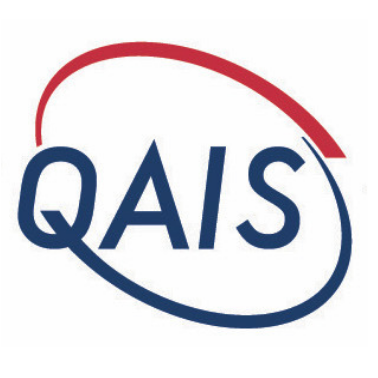HOME / ACADEMICS /
Preschool & Kindergarten
Preschool & Kindergarten – Ages 3 and Up
In Preschool and Kindergarten, your child will receive a positive foundation for a lifelong love of learning. The environment is supportive and nurturing, always prioritizing your child’s needs and interests.
Learning Languages
The children at AvH come from many different cultures and backgrounds. Through stories, songs and games, the children learn to understand and express themselves in the German language. Over half of our students come from families where little or no German is spoken at home, and parents are often surprised how soon their children bring songs and little poems home from school.
On a weekly basis, children also receive an introduction to the French language through stories and songs.
Contact: Ms. Christiane El Aboudy-Kalz
“Learning a new language is child’s play at AvH.”
Each child goes through developmental stages at their own pace. We take our time, gently guiding each child through these stages while fostering individual skills. Age-appropriate activities help create self-confidence and self-reliance. Learning through free play is especially important; children learn to take initiatives and pursue their own ideas. With the multifaceted use of play and the development of basic skills, the daily routine is a balanced mix of organized activities and playtime.
Social Skills
Your child will learn how to express his or her own feelings and needs, as well as learning to handle conflicts. Empathy and tolerance are developed. Increased independence while contributing to the smooth functioning of the group is a valuable skill acquired during these years—one that will pay lifelong dividends.
Table showcasing: Daily Preschool Routine
SCHEDULE | |
|---|---|
Arrival of children | |
Free play | |
Morning Circle | |
Breakfast | |
Activities – free play | |
Recess | |
Lunch | |
Activities – free play – clean up | |
Closing circle | |
Afternoon supervision (optional) | |
Kindergarten at AvH is known as “Eingangsstufe”, to signify the transition from preschool to elementary school. The basic principles from preschool are combined with learning skills your child needs for grade 1 and beyond. Although play is still a major component of learning, children are now ready for a more structured environment.
Each day, an elementary teacher spends time with the class, teaching with the kindergarten teacher. This allows our educators to focus on the unique learning requirements of each child. As your child is ready for new intellectual challenges, individual learning objectives can be set at the appropriate pace. Usually, the elementary teacher will also be the future homeroom teacher in grade 1 and grade 2. A relationship based on trust has already been established, and this will increase your child’s confidence going to the “big school.”
In kindergarten, the children also learn how to organize their schoolwork, allocate time to specific tasks, and set priorities. These are important skills children will use throughout their academic career.
Examples of kindergarten topics of study include:
• Development of German language skills
• Differentiation between sounds (phonemes)
• Introduction of the alphabet
• Basic reading (simple words)
• Pre-printing exercises
• Calculations of sums up to 10
The “Eingangsstufe” concept allows teachers to focus on a child’s individual development. Teachers and parents communicate and consult regularly on their children’s progress. A positive start towards organized learning tends to be a reliable predictor of academic success.
Schedule
Students arrive
Morning circle: Introduction of the themes and activities of the day
Classroom activities (including a 15 minute mid-morning snack)
Recess
Grade 1 homeroom teacher schooling
Lunch, free play
Classroom activities
Afternoon supervision (optional)
Preschool: 5-day program from 8:30 a.m. to 3 p.m.
Kindergarten: 5-day program from 8:30 a.m. to 3 p.m.
Early drop-off and afternoon supervision are available to make family life easier.






